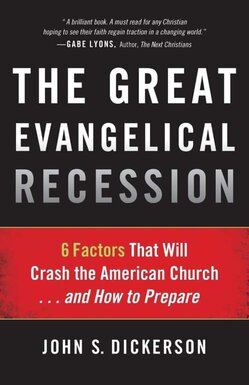I ran across this video in byFaith, the official magazine of the Presbyterian Church in America (PCA) and thought I would share it with you.
For convenience sake, I have captured the 12 characteristics of a healthy church that Randy mentions. On some of them I would like to have further clarification but, the following is an attempt at a faithful transcript of the list.
Healthy churches:
- Embark on a journey of faith
- Choose influence over success
- Embrace ministries of the head, heart and hand
- Are intentional about making mature and equipped followers of Christ who make mature and equipped followers of Christ
- Equip their people to appropriate the power of the Holy Spirit
- Emphasize the marriage of grace and duty
- Destroy the ministry idols of tradition and preference
- Don’t compromise spiritual nutrition for the sake of simplicity and growth
- Provide healthy environments for worship and feeding rather than environments for entertainment and self-help inspiration
- Correctly steward the keys to the kingdom and the sacraments
- Underscore all their teaching with the realities of the authentic Gospel and of Christ as the only hope of glory
- They allow their pastor to focus on shepherding through his teaching, leading and equipping
I especially liked Randy’s emphasis on taking people into holiness and having a plan for getting them there.
My 50 or so years of church experience has shown me that most churches either have no plan to bring people into maturity or if they do have a plan it is not very effective. This is a shame and there is no good excuse for it.
May we get better at this moving forward.



